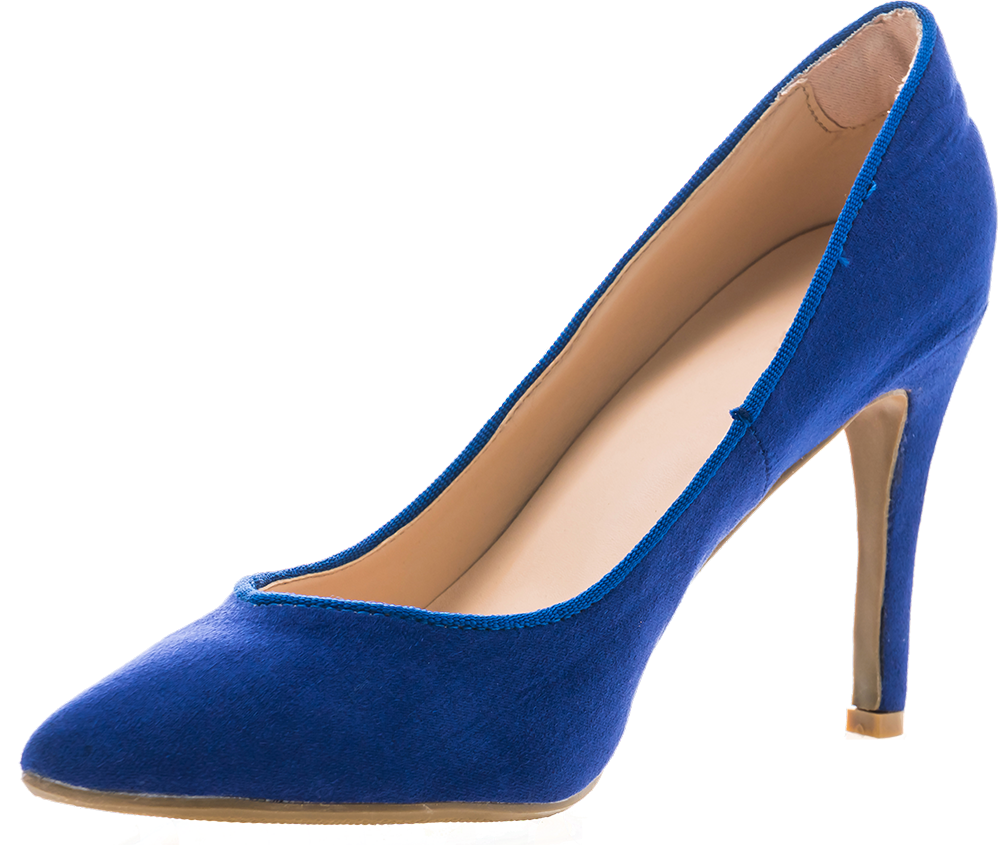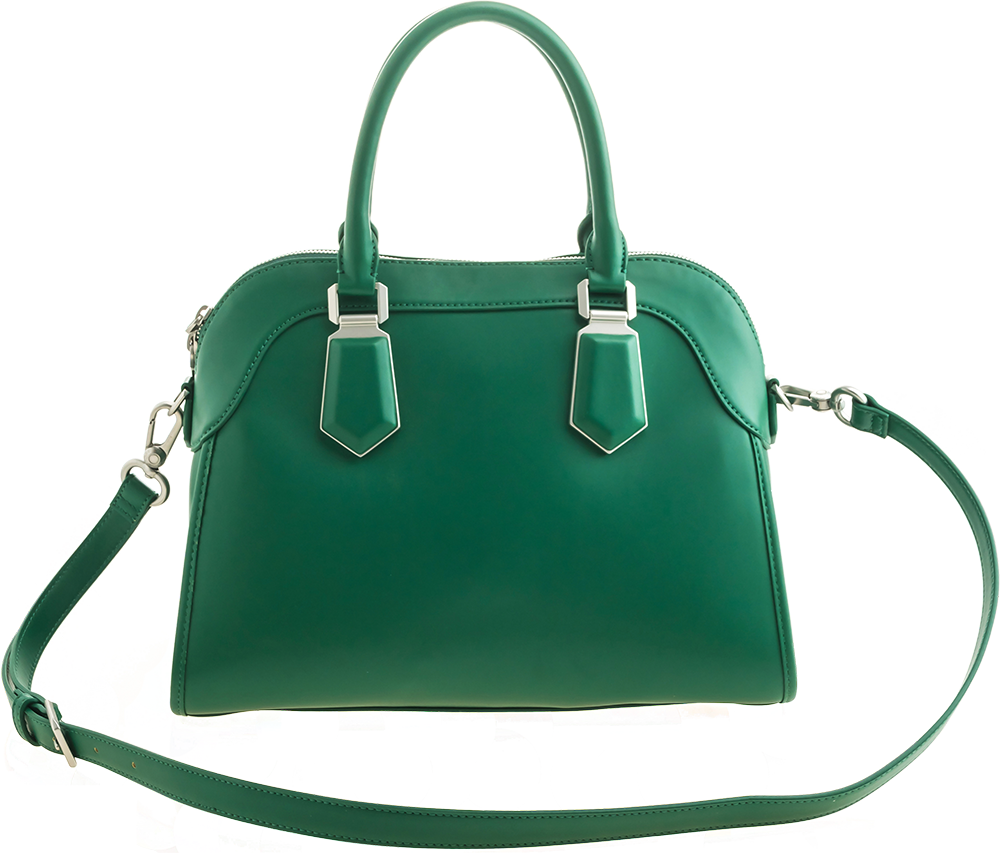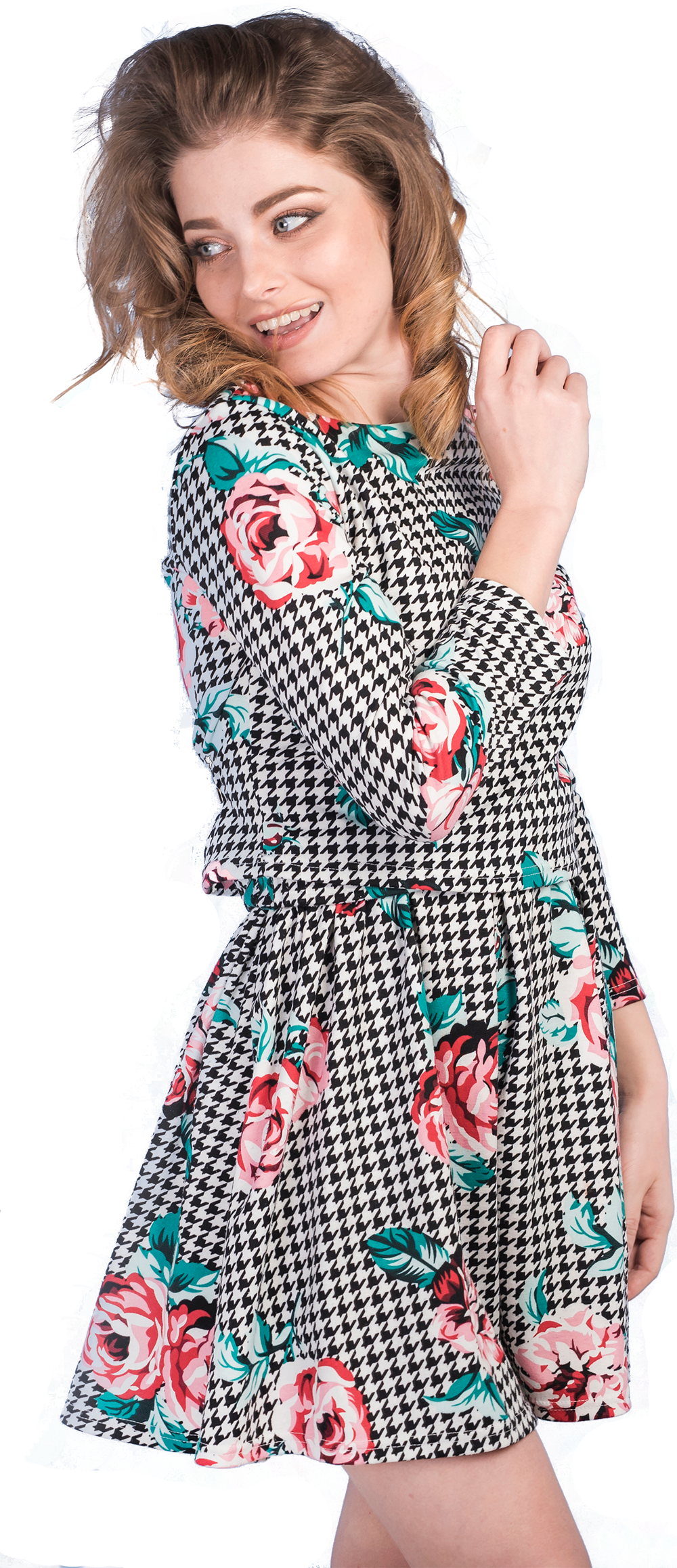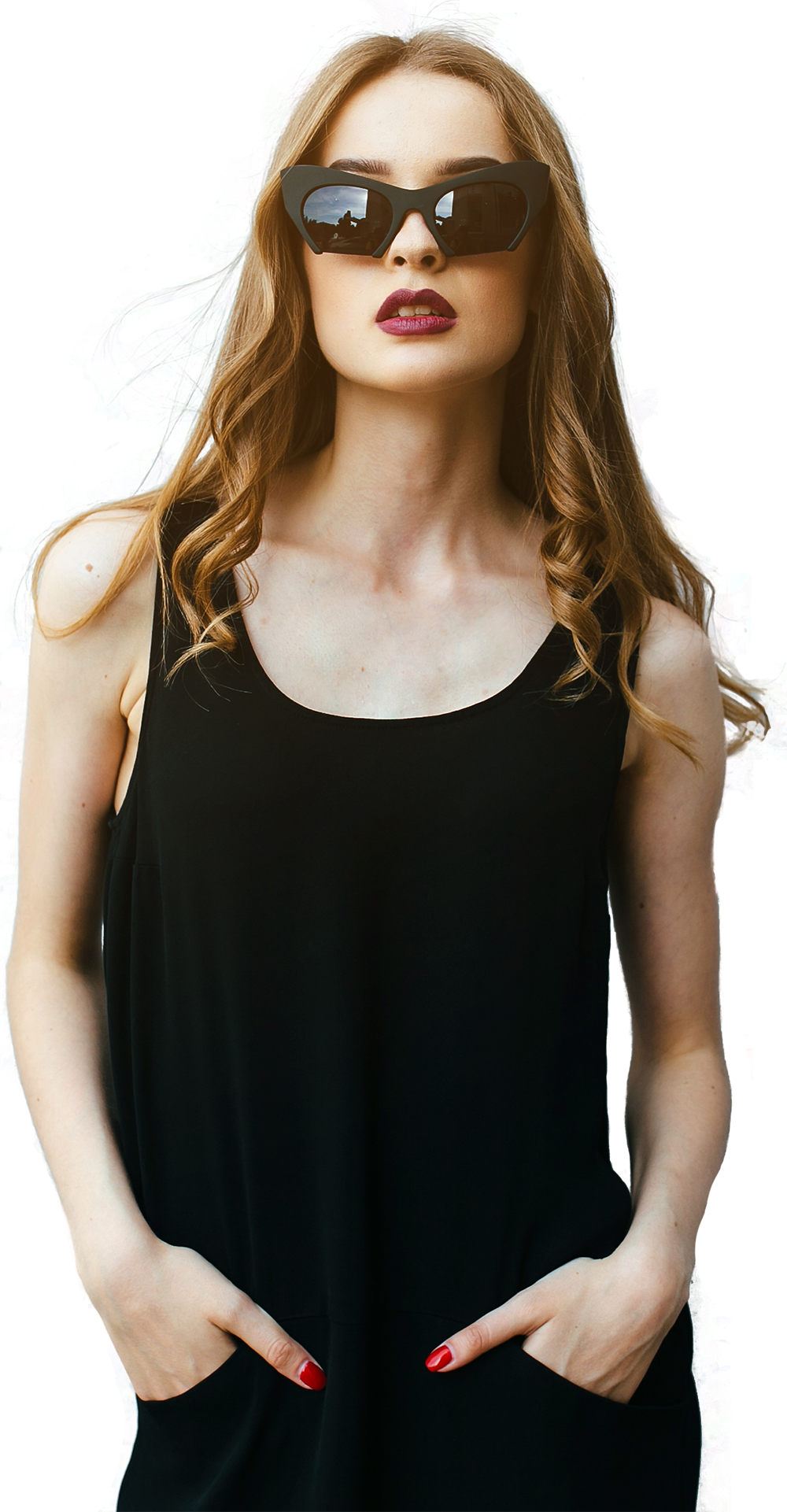
Discover The Collections
A boutique is actually a specialized type of retail store. It is distinct from other retail businesses based on its more limited size, scope and inventory. When operating a retail business, it is important to understand distinct attributes, and relative strengths and weaknesses. Business Size One of the most significant differences between a conventional retail store and a boutique is the actual size of the store. A boutique is relatively small compared with a big-box retailer or general merchandise retailer. Boutiques commonly occupy small spaces in enclosed malls or in strip plazas. They are rarely stand-alone operations. In contrast, larger retail chain stores have more flexibility in location and have more space in which to sell. Inventory Levels Boutiques are also characterized by limited product variety. Variety is the amount of product categories in which you sell. Many general merchandise retailers have wide variety. Discounters Target and Wal-mart have several product departments, for instance. A boutique specializes in a vary limited number of product or service categories. A specialty purse or hat shop might only sell that one type of product, for instance. Boutiques do often have deep assortments of that one product relative to larger retailers, however, which allows customers more choices. Company vs. Product Passion Though company owners, managers and employees can have passion for the company or product in any type of retailer, a boutique is often a store that evolves out of a founder's product passion. A broad-based retailer is often started by someone who desires to go into business to pursue entrepreneurial dreams. A boutique founder often crafts or orders niche goods and uses the boutique as an outlet to convert the passion into a profitable business. Product Types While you can create a boutique under many product categories, Sweatshirts for women, fashion and apparel retailers tend to most often select this store format. Companies that sell mass-merchandised goods usually want or need more floor space. Category specialists are large retailers that have expertise in product categories, but they have larger spaces and more assortment than boutiques. A boutique works well in fashion or apparel because higher-end buyers often want customized or one-of-a-kind fashions.
Popular Products
For many, many years, we have seen a lot of boutiques go out of business because of the big boxes, because of the Internet, because of many other factors. We have come down to a formula of success that we could help you run the store and actually grow and be profitable. One of the mantras that we like to start with in getting our clients in the right mindset is this: "How do I work as little as possible for the most amount of money?" If you have that mindset from the first day you open up your store, you're going to be successful. One of the biggest problems is that people act on business ideas, especially opening a boutique, for the wrong reasons. I've come up with a list of 5 things to avoid or to think about when you're first opening up your store. The first thing is, you have to remember this, and it's really hard, you're not opening the store for your ego. A lot of people, like when I talk to stores that are in a distress situation, I ask them, like, "What's going on?" or, "Why did you decide to open up a store?" the first thing they'll tell me is, "Because I'm such a good dresser. All my friends tell me I'm a good dresser. My husband tells me I'm a good dresser."
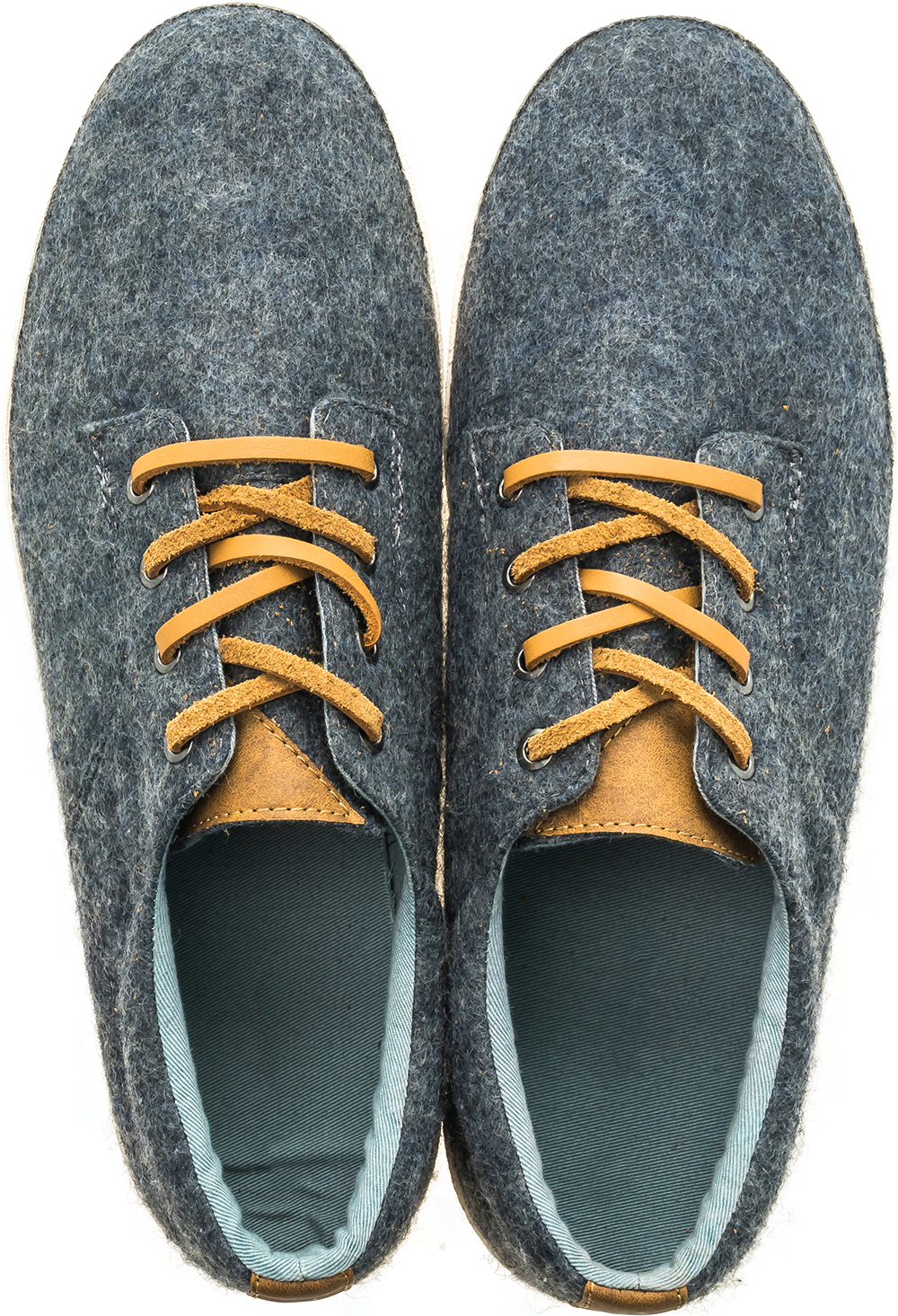
Gray Shoe
$20.00
Yellow Jacket
$58.00Most Rated



